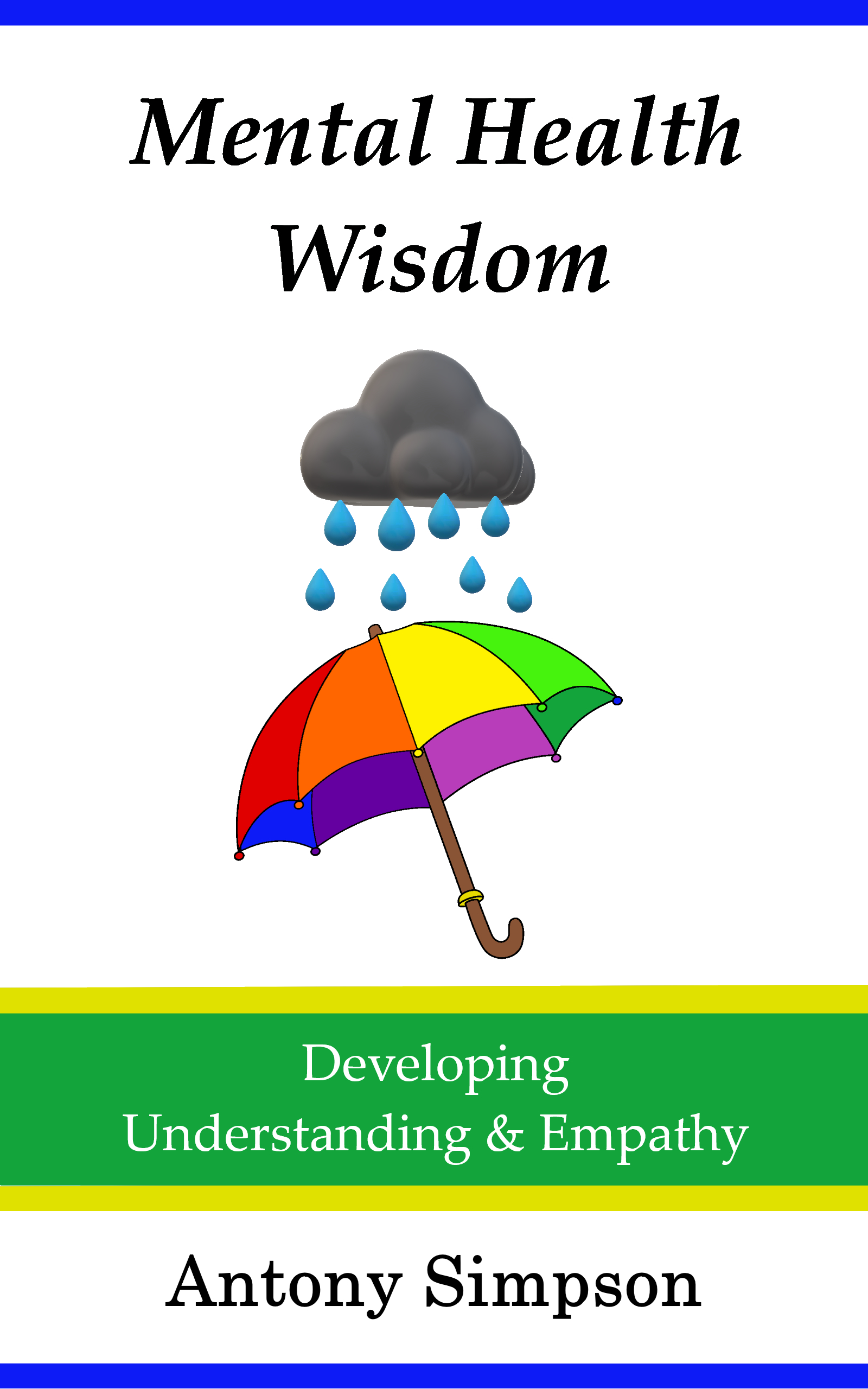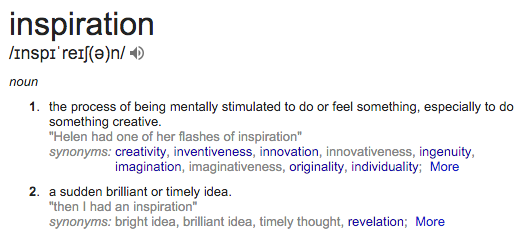 |
Imagine spending your life studying the brain and mental illnesses like schizophrenia, only to find yourself start exhibiting the same symptoms.
This is what happened to Neuroscientist Barbara Lipska in this powerful memoir, The Neuroscientist Who Lost Her Mind. Lipska describes her life before any symptoms. She was/is highly functioning in all areas of her life. In her career she managed/manages a foundation and a brain bank. In her personal life she has a loving husband, children and grandchildren. The family are into fitness and Lipska describes being physically fit and always pushing herself, to run further, to go faster. Suddenly one day Lipska is on a run, a regular route she’s done thousands of times before, but she can’t remember where she lives. |
This is just the start of the sometimes bizarre, sometimes difficult and sometimes downright scary symptoms. Lipska goes to the hospital, family in tow and is diagnosed with a brain tumor.
As the tumor is being treated Lipska’s symptoms worsen. She becomes abrupt and emotionally hurtful to her family. It is a strange thing. Looking back now, Lipska can understand how some of the awful things she said would have hurt her family and how she now knows that they were hurt by their reaction. Yet she can still remember how she felt and what she was thinking at the time. I think it would be fair to say Lipska losing her empathy was probably one of the most challenging symptoms for her.
Lipska describes her journey through the American healthcare system and how she managed to get enrolled into a clinical trial programme, after checking that her insurance would cover the costs, that probably saved her life. I must admit this part made me feel extremely grateful for the National Health Service (NHS) that we have here in the UK, which is free, paid for through taxation.
The ending is ultimately positive. As Lipska continues to be treated her symptoms start to lessen and eventually disappear. Her cancer goes into remission. Reading The Neuroscientist Who Lost Her Mind made me feel like I’d made a new friend in Lipska. This is because stories, especially personal, intimate and ones involving vulnerability help people form meaningful connections with one another. I will admit that this book made me cry at one point, which is extremely rare and a testament to Lipska’s writing and honesty.
Despite the subject matter, Lipska’s tone is warm, engaging and makes the book a page turning read. I read it in a few settings, never wanting to put it down.
I would highly recommend The Neuroscientist Who Lost Her Mind to anyone that likes memoirs, or stories about dealing with adversity.
Review soon,
Antony





A great introductory article on candle magic :)
Hi Sofia, Thanks for the comment. I bought that in Glastonbury and he was a real find. I bought him…
Hi! I know this was posted ages ago and so a response may be rare but my dad has been…
Hi Ruth, Thanks for the comment. He might well have been. A x
Hi! Watching video and interviews with Charlie Watt, it had me wondering if he might have had Aspergers/ been on…